The incidents of 1931 riots were the outcomes of the British policy behind so channelized for Jammu and Kashmir state. Although the Jammu and Kashmir state, which came into being in consolidated form on 16th March 1846 under the strength of much famous Treaty of Amritsar was a sovereign state with free hand of the ruler to carry its interval administration in the manner he may like and the British had no role to play therein. The British under the said Treaty had promised the Maharaja Gulab Singh in protecting his territories from external enemies. Although the Amritsar Treaty came to be executed in a very sparingly exceptional circumstances, forcing British to confer sovereign power of rulership to Maharaja Gulab Singh on 16th March 1846, but later became indifferent with regard to the affairs of state of Jammu and Kashmir. Infact the British remained in search of the occasions to reverse such position of state of Jammu and Kashmir by applying the much famous “Doctrine of lapse” or incompetency play to regain its direct control, being geographically a territory of strategic importance. It was on 2nd April 1870 a commericla Treaty was concluded between the British Government and the Maharaja Ranbir Singh on the pretext “to afford greater facilities for the development and security of trade with Eastern Turkistan” and inconsequence of which the British obtained full rights to control economic and trade relations with Turkistan. It was the first step towards subsequent British interference in the politics of central Asia. After notification of rules relating to the import of the British products into the central Asia via Kashmir on July 6, 1874, the British also appointed various Joint Commissioners on the central Asian Treaty Road leading to Kashgar, by delegating them both financial administrative and judicial powers under the strength of a Dastur-ul-amal.
In 1878, the first British Agent or the Political officer was appointed to reside at Gilgit. Till 1885 AD, the British Agent stationed at Srinagar used to be called Officer on Special Duty in Kashmir with the aim and object behind to safeguard the imperial interest besides informing the Governor General about the day to day happening across the state and even beyond its frontiers. Although Maharaja Ranbir Singh had objected such posting of the British Agent, but he was assured that no change in the duties of the officer shall be made by the British without his consultations. In March 1884 AD, the Foreign Office of the Government of India decided that in future all correspondence relating to frontier matters or any important subject concerning the state should be dealt with and through the officer on Special Duty in Kashmir.
It was in April 1884, the trap of usurp the powers of the Dogra ruled Jammu and Kashmir state was laid especially when Maharaja Ranbir Singh because of his ailing health was bed ridden and his death was said to be apparent, the artificial circfumstance were posed with regard to the threatened complete breakdown of state administration besides intra palace fued including the unsatisfactory accounts of the heir apparent (Mian Partap Singh) and some idea of setting him aside by his father (Maharaja Ranbir Singh) by means of testamentary disposition, projected purely on hear says ; and also the appointment of Sir Oliver St. Johan as the first British Resident in Kashmir (A letter from Durand to Partap Singh dated December 14th 1885 being part of File No. 967 of 1885 (PR) KGR) Maharaja Partap Singh who ascended the throne after the demise of Maharaja Ranbir Singh on September 25, 1885 under the shadow of fear was further asked by British Government to reduce the state army, by deputing British Military officer Mr. Chamberlain along with three more British Officers. Besdies reducing the state Army the said Military officer also constructed Military roads and stationing the State army at strategic posts of nort6her frontiers of India. (Robert, Forty one year in Idnia Page 227). In 1888, Plowdon was deputed to Kashmir as its Resident, who further played a very cunning role to destroy the state administration even by laying an unsuccessful trap to depose Maharaja Partap Singh with the connivance of Raja Amar Singh.
Ultimately on April 18, 1889 and Administration Council of the State was constituted by the British headed by Raja Amar Singh as its President, Raja ram Singh, Pandit Suraj Koul and Bhag Ram as its members. The Resident of the State in fact became the final authority to take decisions on the resolution passed by such council, or even to veto thereon, thereby rendering Maharaja Partap Singh simply a symbolic holder of throne but with virtually no ruling powers of administrative say which in fact were usurped by the resident of the State through his pawn called State Council. The intent of British to demolish the Dogra rule from Jammu and Kashmir State, well evinced from the open declaration of Lord Dufferin before the Chamber of Commerce in London on October 29, 1889, as also reported in Punjab Gazette, Sialkot November 2, 1889, on the pretext of some letters aleeged to had written by Maharaja Partap Singh to his agents and spies to contact Russians and execute murder of British resident, being a charge of reason. The Amrita Bazar Patrika Calcutta dated October 24, 1889 read with Punjab Gazette dated October 19, 1889 and November 2, 1889, also further go to spelt out that the British wanted to colonise the Kashmir valley with European and turn out the “black people”
The era of Maharaja Hari Singh came to be started with intra palace intrigues as well as the sore eyes of British ruling elite because of his patriotic conviction and being a well educated, matured in political cantina of the prevailing starred developments. Being well versed with the intents and contentious plans of British to convert the state of Jammu and Kashmir as direct colony of European so planned since 1889, though unsuccessfully, Maharaja Hari Singh heir apparent of Maharaja Partap Singh even during his reign after assuming the position of state administrative council of the state as his apprenticeship endeavour brought in place a circular order creating a ban on the acquisition of any immovable property in the state by the foreign foreigners to this state. This all went altogether against the expectations of the British, who tried to bring up Maharaja Hari Singh in Western culture to be used as their pawn for accomplishment of their designs by taking undue advantage of the intra palace feud of Dogra Rule. The result was that through Maharaja Partap Singh breathed his last on 23rd September 1925, but the coronation of Maharaja hari Singh was obstructed by the British. It was only after a long duration of 5 months. The coronation of Maharaja Hari Singh was performed in February 1926 by starting its ceremony on February 14, 1926 and its culmination on 24th February 1926. After the main function in Jammu the processions moved to Akhnoor, where final ceremony of power transfer were performed.
It was Maharaja Hari Singh who immediately after his coronation ceremony, ordered the removal of the Union jack (British flag) which used to fly on all Government buildings of the Residency in this state.
Despite vociferous contests by the British Government, Maharaja did not relent. However at a later stage at the personal request of the Viceroy of India, he allowed the British flag to be flown only on the residential building of the Resident. Thus exercised his full authority over all affairs of this state of Jammu and Kashmir. He also refused to allow the British Residency to function at Jammu, which was ultimately thereafter shifted to Sialkot. In 1927, to prevent the British from acquiring any immovable property in the State, he introduced stringent laws of State Subject vide Notification No. 1-L/84 dated 20th April 1927 read with his earlier notification through his Private Secretary’s communication No. 2354 dated 31st January 1927.
All that as aforesaid, did not go well for the long awaiting interests of the British and thus being in search of the occasion to destabilize the progressive rule of Maharaja Hari Singh, took the advantage of continuous long absence of about 6 months of Maharaja on visit to England on twin purposes e.g. Round Table Conference scheduled to take place in November/December 1930 and January 1931 at London besides the expected birth of heir apparent Karan Singh virtually took place on 9th March 1931 at Cannes, France.
It was British firm policy so laid secretly a period back in 1884 itself (quite apparent) from the Secretary of State’s letter dated 23rd May 1884, by penning down his version ;
“As to the urgent need of reforms in the administration of the state, there is unfortunately no room for doubt. It may indeed be a question, whether having regard to the circumstances under which the sovereignty of the country, was entrusted to the present Hindu ruling family, the intervention of the British Government on behalf of Mohammadan population has not already been too long delayed, but however, this may be, Her Majesty’s Government are satisfied that upon a fresh succession no time should be requisite in order to place the administration on sound footing.”
The first shot of discontent by the Muslims of Kashmir was fired when a deputation of Muslims presented memorial to the Viceroy of the time, Lord Reading on his visit to Srinagar in 1924, wherein it was demanded that the proprietory right of the land should be given to the peasants beside adequate number of Mohammdans should be employed in the State Services. This apart it was also demanded that the steps should be taken to improve the conditions of Mohammadan education in the state; that he Begar system should be abolisghed, the scope of the Cooperative Department be extended and the Mosques in possession of the Government be released and handed over to the Muslims. The said memorial of the Muslims was examined by a Committee of officials which reported that there was no substance in the same.
To fuel this agitation of Muslims of Kashmir the British Officers had all sorts of supports including motivation of Muslim Organisations in the Punjab. The Ahrars and other Muslim Organisation in Punjab celebrated Kashmir Day in August 1931 and supported the demands of the Kashmiri Muslims more vociferiously than the kashmiris themselves. The Aharars and other started sending Jathas (of volunteers) into the Jammu and Kashmir state in order to accelerate the said agitation more aggressively communal outwardly.
The J&K Muslim Conference so established on 21st June 1931, by Mir Waiz Yousuf Sha, Sheikh Abdullah, Chowdhary Ghulam Abbas and other was restricted for Muslim Community only but it was only on June 28, 1938, it passed its resolution by altering its provious ocommunal conditions allowed all persons to join this organization in fact to pose it to be of secular fabric, even though her intentions very were more stragnatic, harsh and communalized, well can be adjudged from its further acts and deeds. The relevant extract of such resolution dated 21st June 1931 is read as;
“Whereas in the opinion of the working Committee the time has now come when all the progressive forces in the country should be rallied under one banner to fight for the achievement of responsible Government, the working Committee recommends to the General Council that in the forthcoming session of the conference the name and Constitution of the organization be so altered and amended that all such people who desire to participate in the political struggle may easily become members of the Conference irrespective of their caste, creed of religion.”
As a result of the aforesaid resolution the Communal fabric Muslim Conference both the theoretically and practically was brought under the camouflage of J&K National Conference, i e under the leadership of Sheikh Mohammad Abdullah on 10th June 1939.
All that expose that the entire stir of 1931 coupled with launching of Civil Disobedience movement by Muslim Conference in January 1932 or the respionsible Government day in 1936, entirely a communal one and to set the personal scores of the leaders actively involved therein.
As per Behera, Navnita Chandha (2007) so laid down in their book demystifying Kashmir (Person education India Page 18 to 21) the tensions within the Hindus and Muslim Members of National Conference increased when in October 1943, Sheikh Mohammad Abdulla entered into secret talk with Mohammad Ali Jinah and the Muslim Conference without taking Sardar Budh Singh the party’s President into confidence. Jinah’s speech in Kashmir in which he encouraged Muslim unity caused deep fissures in the national Conference’s memberships. The National Conference did not agree to Jinah’s proposals that Abdullah accept Abba’s leadership and come under the Muslim League’s Wing.
As will also figure in this my work appropriately that Sheikh Mohammad Abdullah bother from his head and heart was after establishment of his own Sheikhdom and as also stated by Justice Mehar Chand Mahajan the Prime Minister of Jammu and Kashmir in 1947, so spelt in his book Looking Back, that Sheikh Abdullah “was out to gain power at any cost. To acquire it he would try to influence his friend the Prime Minister of India, but would not disclaim the use of any other means such as creating some of uprising in the state…….”
The intent of the National Conference was on the other hand was that Maharaja should first transfer the power of the State to National Conference who afterwards may decide the fate of the State about its accession.
The version of Maharaja about Sheikh Mohammad Abdullah with regard to his visit to New Delhi after his release from Jail in 1947, as disclosed by Justice Mehar Chand Mahajan was “This visit would result in trouble for him and me (Justice Mahajan) He said that Pandit ji had a soft corner for the Sheikh and was very friendly with him and on Sheikh’s ambition was to become the prime Minister of Kashmir, he would take the earliest opportunity to prevail upon Pandit Nehru to put him to power. Once in power he would revive his “Quit Kashmir Move” and become all powerful himself.” Maharaja wanted to Keep Sheikh Abdullah within the State after his release and not to permit him to go to Delhi to see the Prime Minister. It was on Mr. Mehar Chand Mahajan’s persuasion, the Maharaja agreed to allow the Sheikh to leave the State as an when he desired. (See chapter 16 of Justice Mehar Chand Mahajan’s looking back page 129-131.
In his work, “My years with Nehru, Kashmir-Delhi” Page 101-102 by B.N. Mullik has further disclosed about Sheikh Abdulla, the version of Pandit Nehru as well, that “politically he and other Indian leaders had to go along with Sheikh Abdullah for a considerable period and they had also helped him and played him up hoping that by coming contact with secular india, where Muslims and Hindus and persons of all denominations were living together and enjoying a peaceful life, Sheikh Abdullah would be able to get rid of his communalism, but communalism was a disease with him and he could never get rid of it and his entire look and behavious were based on the fact that the Kashmir valley had a Muslim Majority. Therefore he was not surprised that Sheikh Abdulah had conspired that Sheikh Abdullah had conspired with Pakistan to overthrow the non-communal and secular government of Bakshi Ghulam Mohammad and Sadiq. What Pandit Nehru said was faitual correct and was similar to what Sardar Patel had stressed to me in 1949.”
I have made my sincere endeavour to accumulate all material relating to the ill fated incidents of July 1931 and afterwards so took visit in the state of Jammu and Kashmir with a view to bring in public domain by unlidding the suppressed stories for the last over nine decades and focus the true picture of the virtual victims of the state by exposing the misdeeds and differentiating the term, acts and deeds of both patriotism, humanism, fraternity and public good with treasons, traitisms and unhamonious atmosphere creators.
From the vantage point of hindsight, the opinions may crop up that Maharaja Hari Singh would have handled this crucial juncture of 1931 more appropriately but the shoot of troubles engulfing the state of Jammu and Kashmir from all directions, may be British, the conspirators of Communalism both within and outside the State besides the opportunists of the troubled weaters during the said period to destablise and demolish the reign of a patriotic ruler could be adjudged to be quite divergent to the expected harmonious situation and justful conduct of the press even duly enfluced by such disgruntled forces.
Though some may feel, I may be a bit critical of few individuals but my intent has remained fair and unblamishing but sincere but perhaps some cropped truths may have left no chance for me to escape from such disclosures being bounded by true spirits of my duties as an author, although I consider the same to be not personal, indeed a criticism incapacitation to afford justice to the true victims of such uncalled for incidents of riots, hatred atmosphere and spreading communalism for some petty personal gains.
I hope my this sincere efforts bring before readers will help them for further research on the left out accounts of incidents and to maintain fraternity in true sense will come together for building nations on secular fabrics by abandoning the old aged thinkings of communal majority or minority state and upholding our centuries old Ganga, Jamuni culture. And pray for the good of all being Vasudeva Katumbakam.

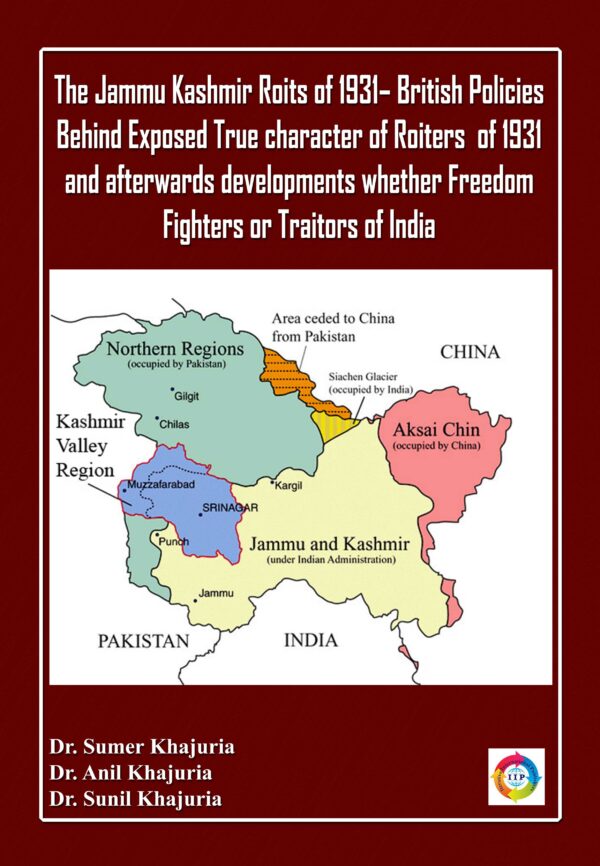
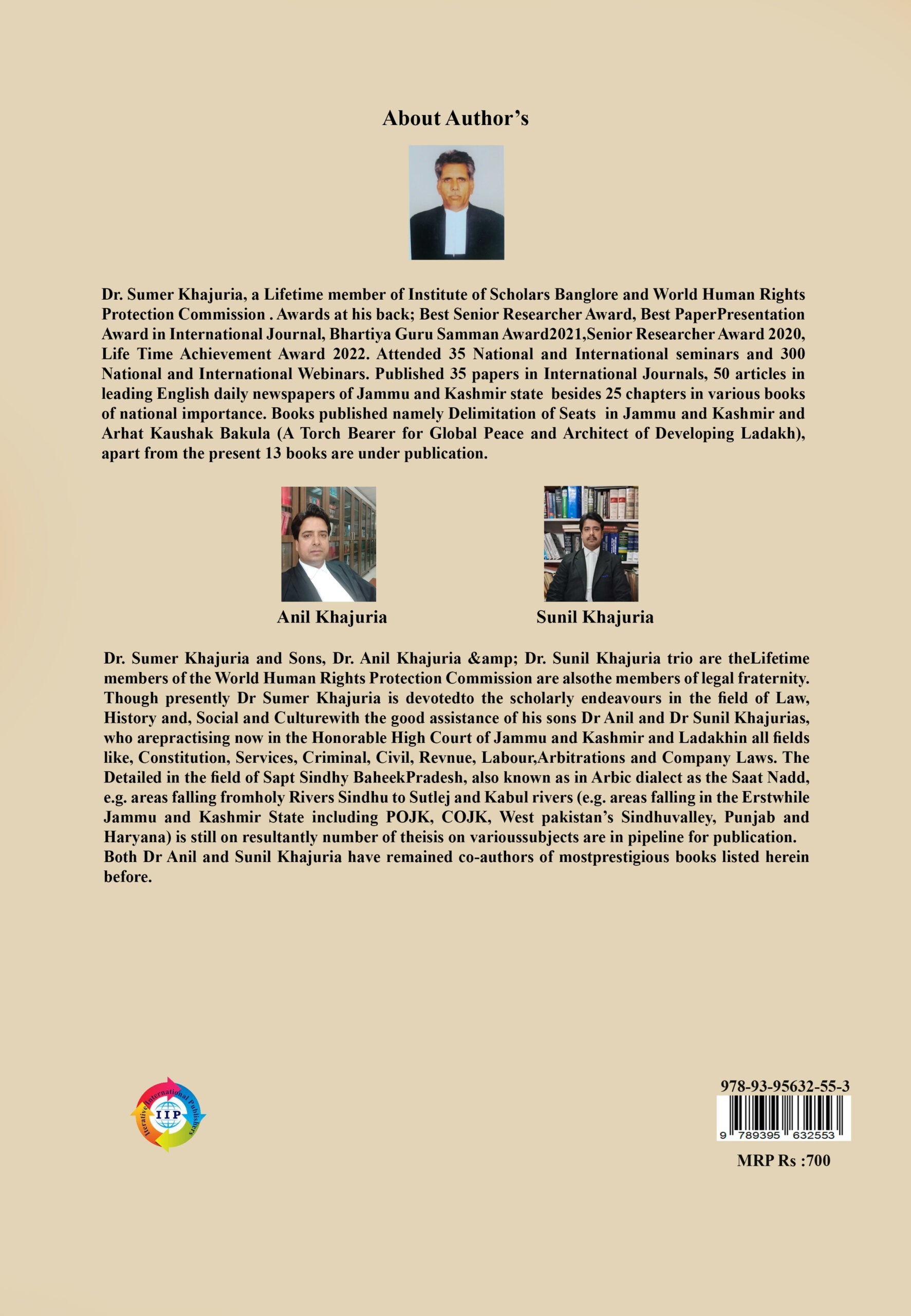
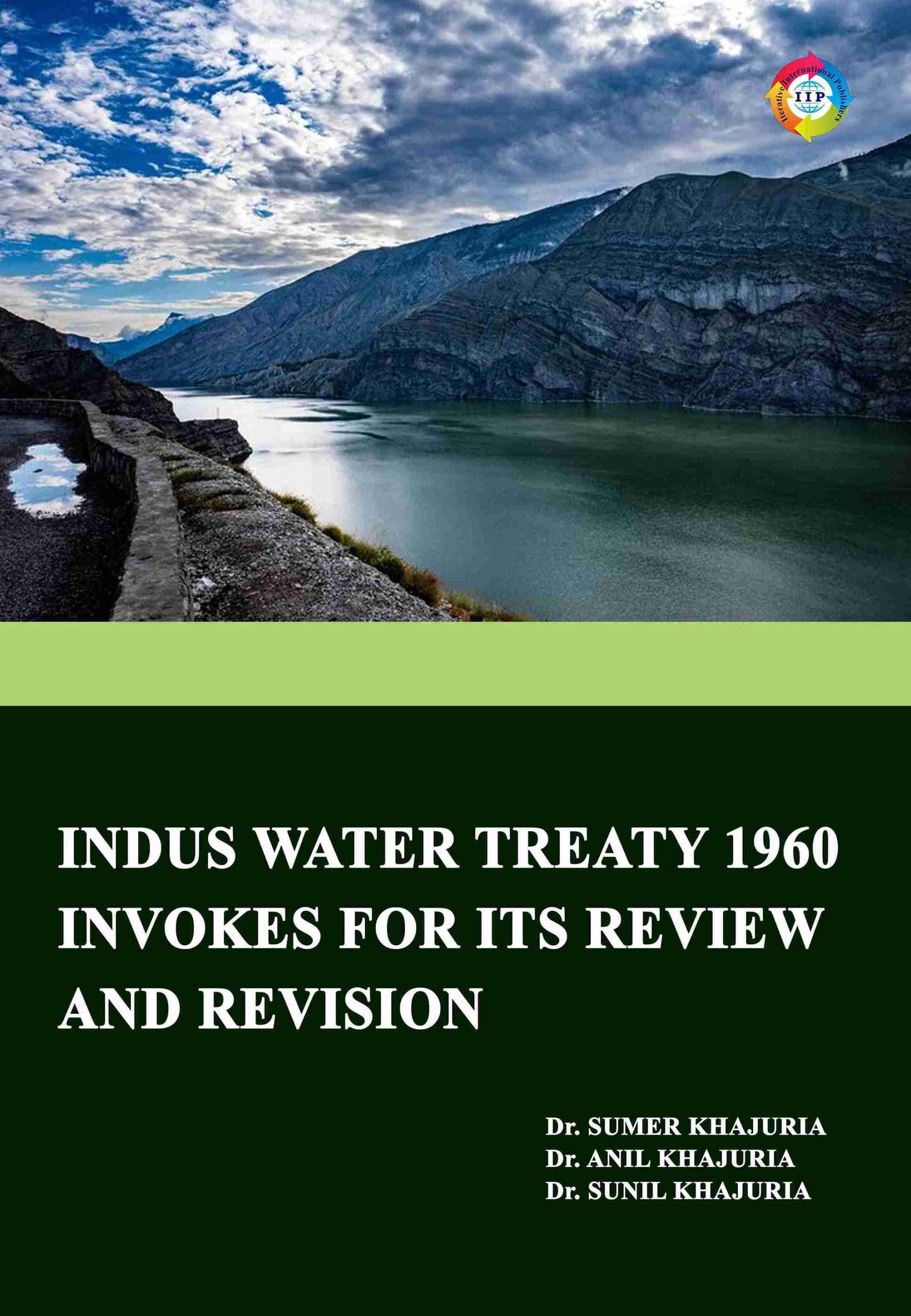
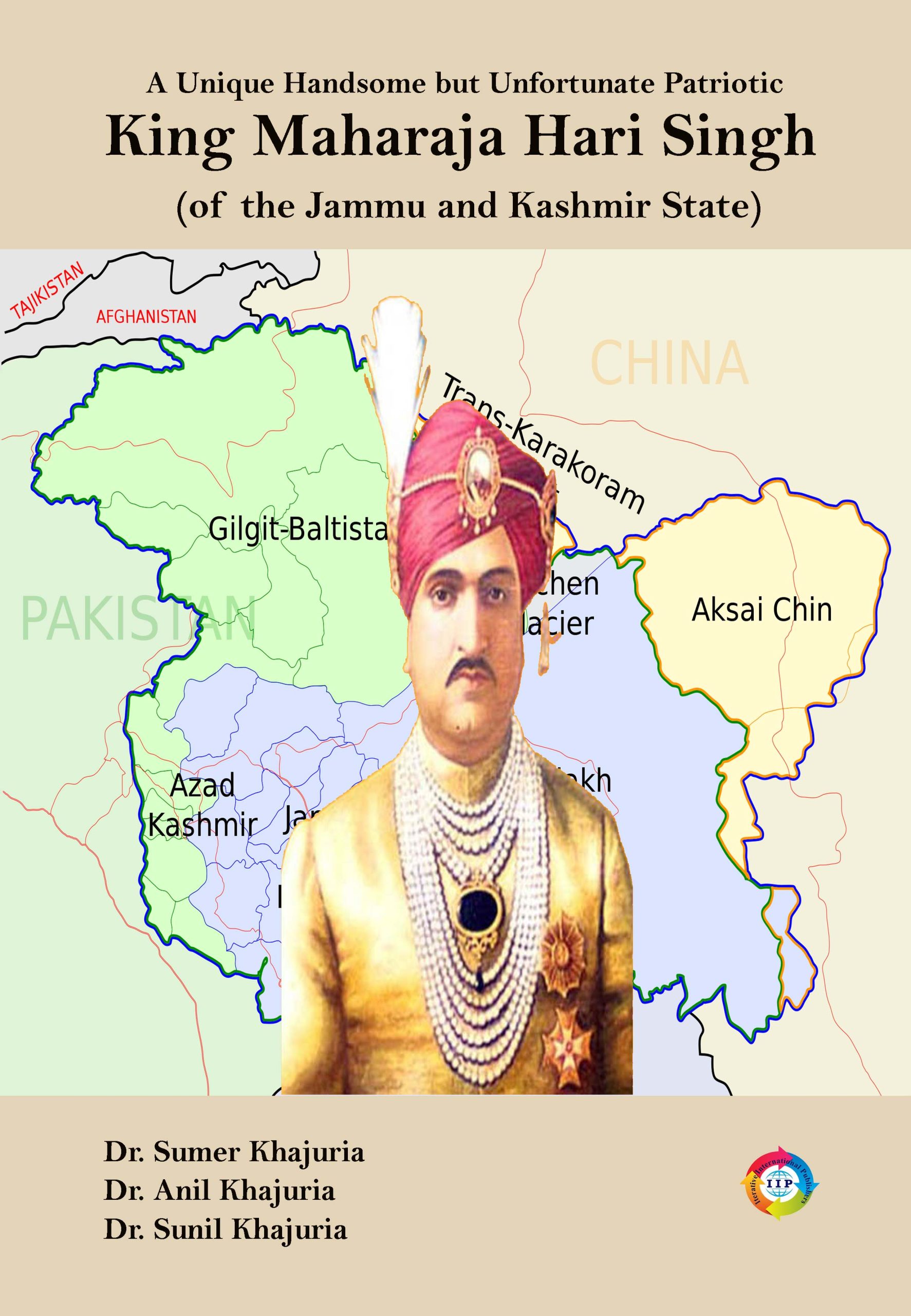
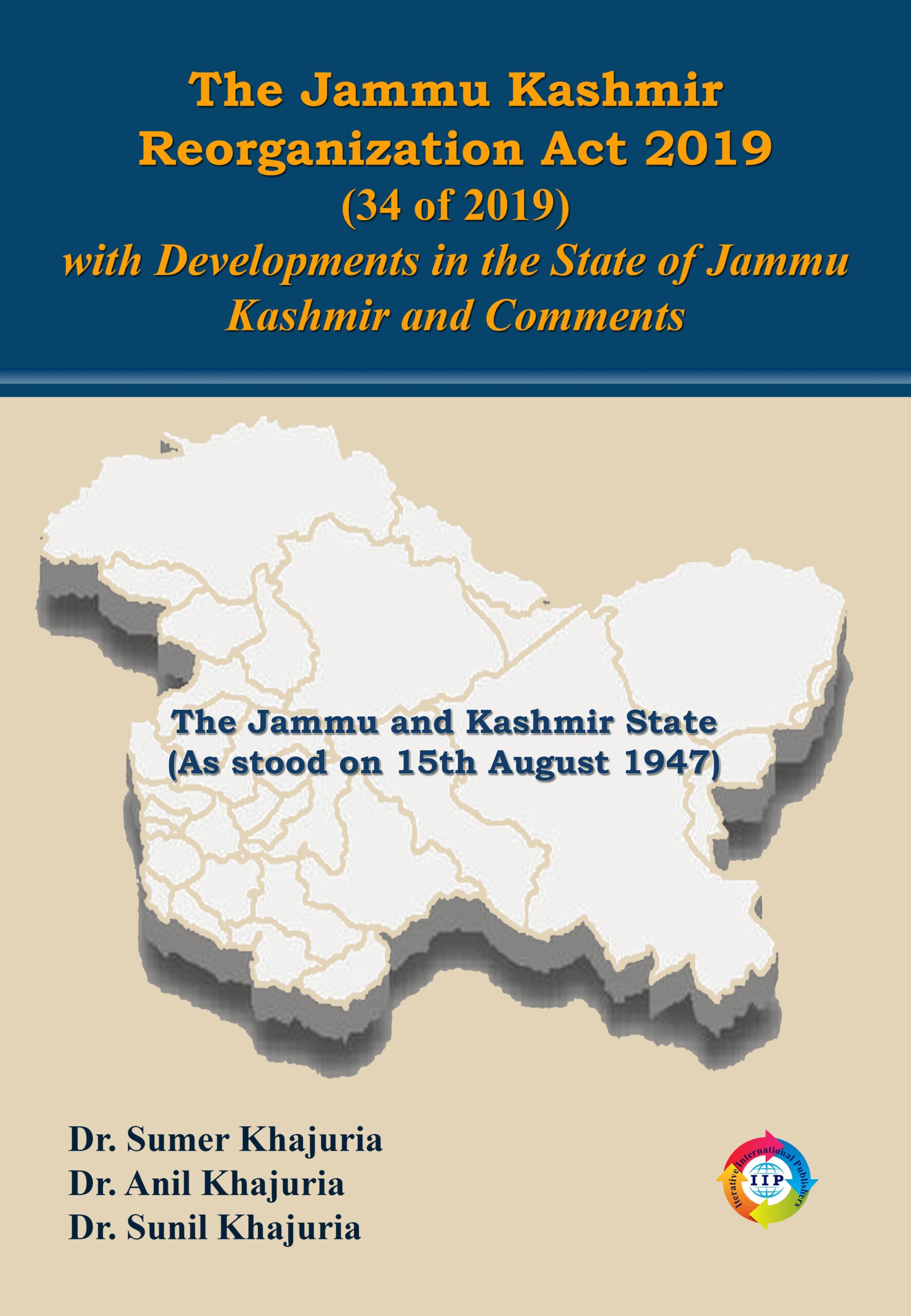
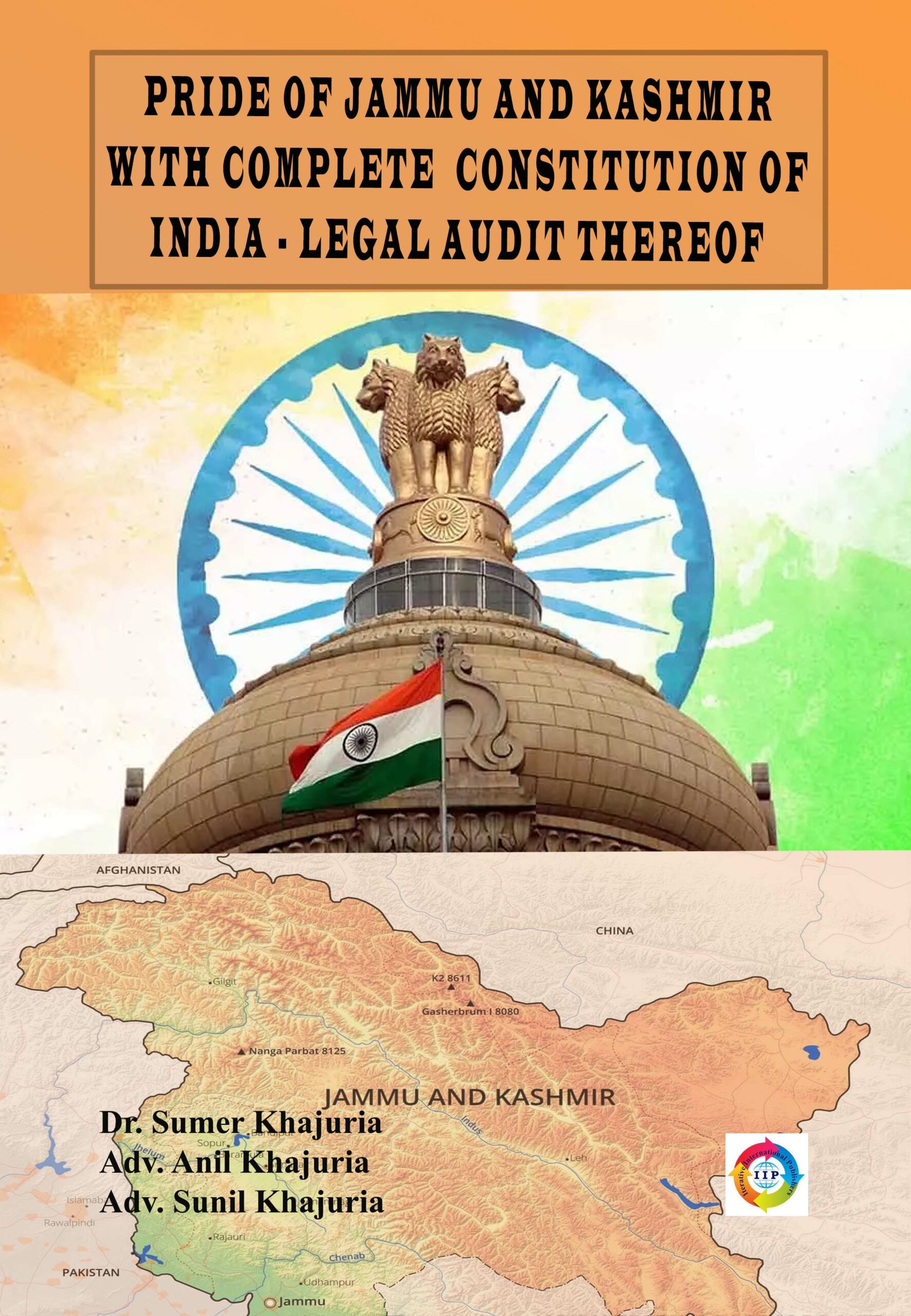
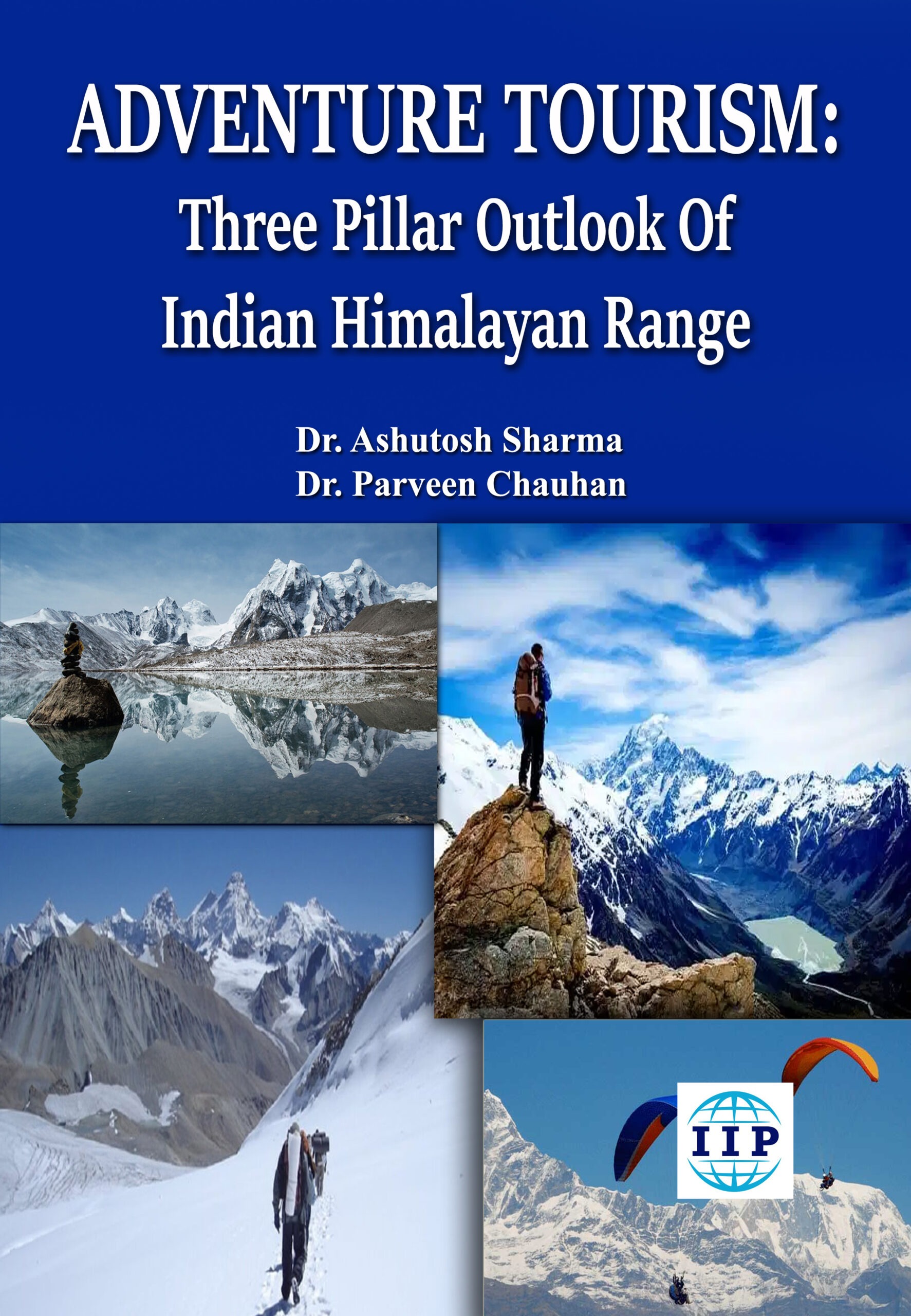
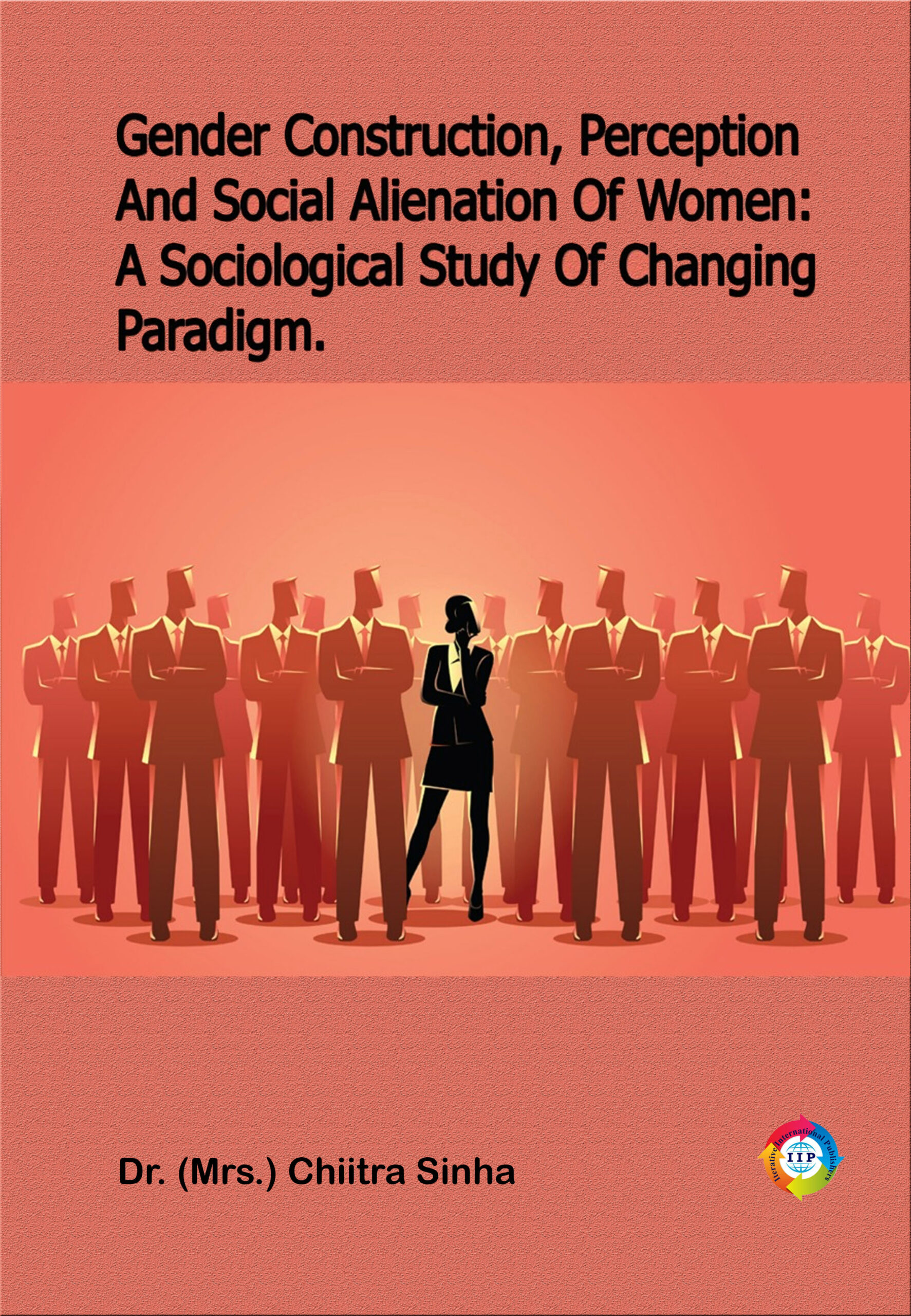
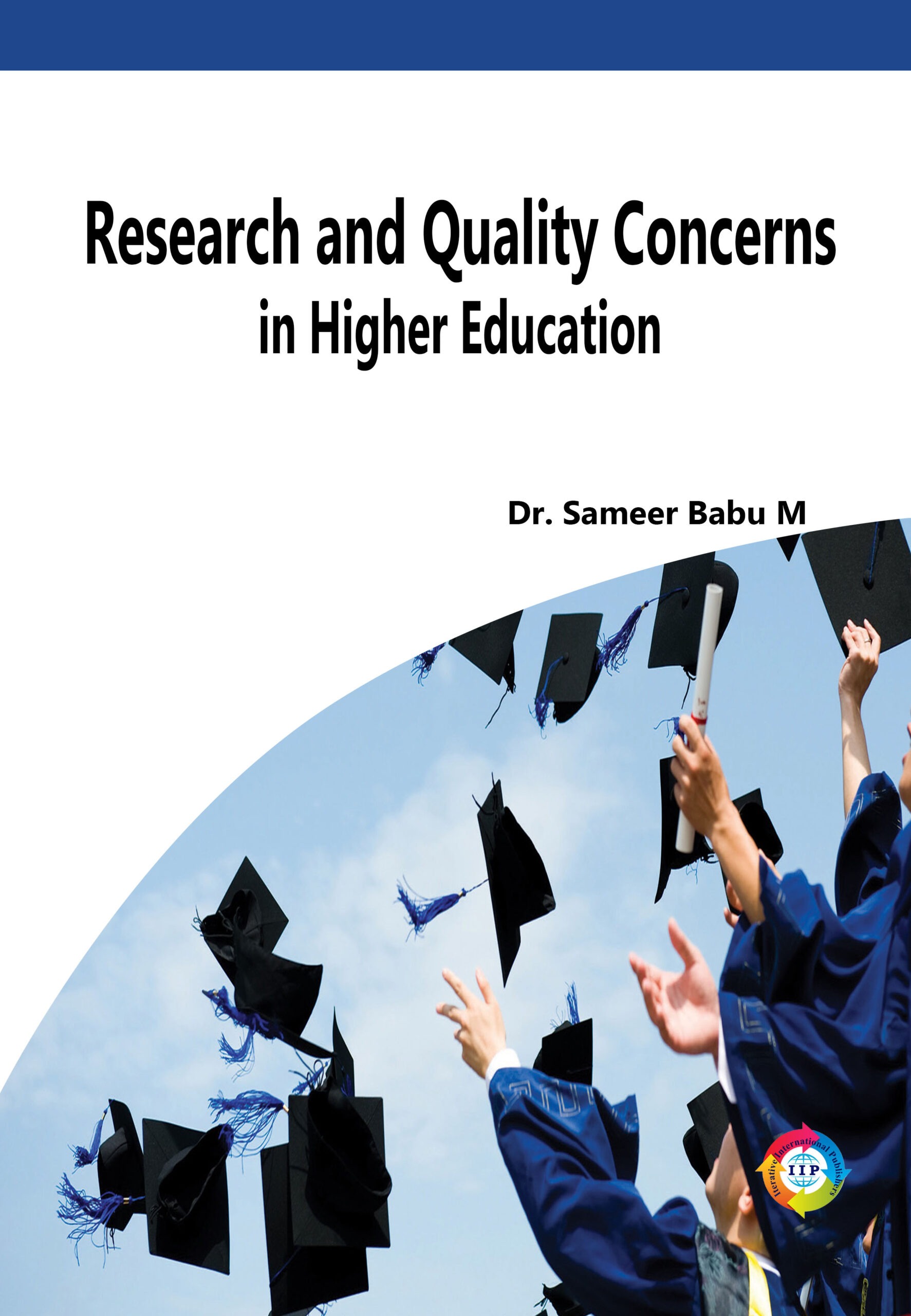
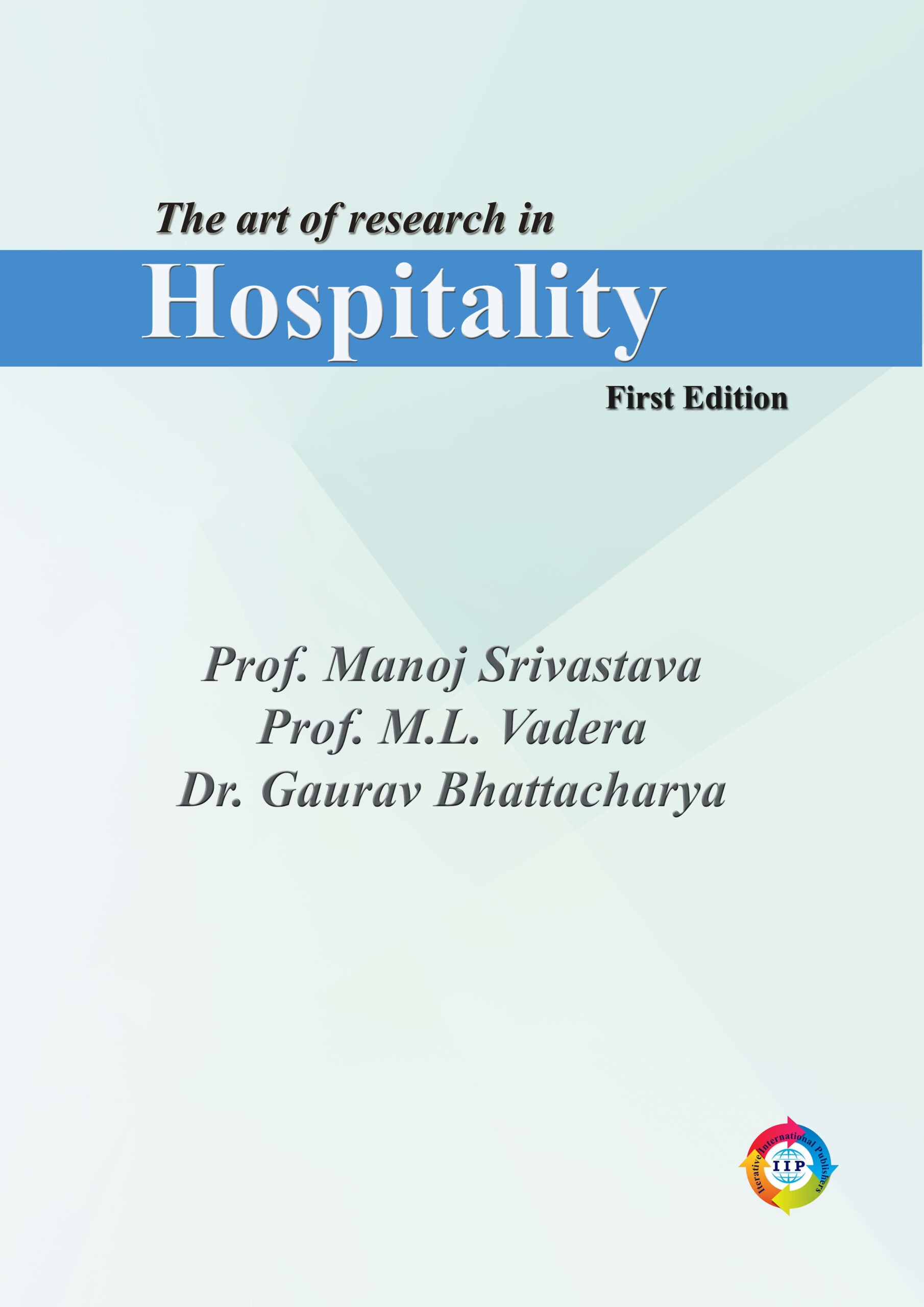
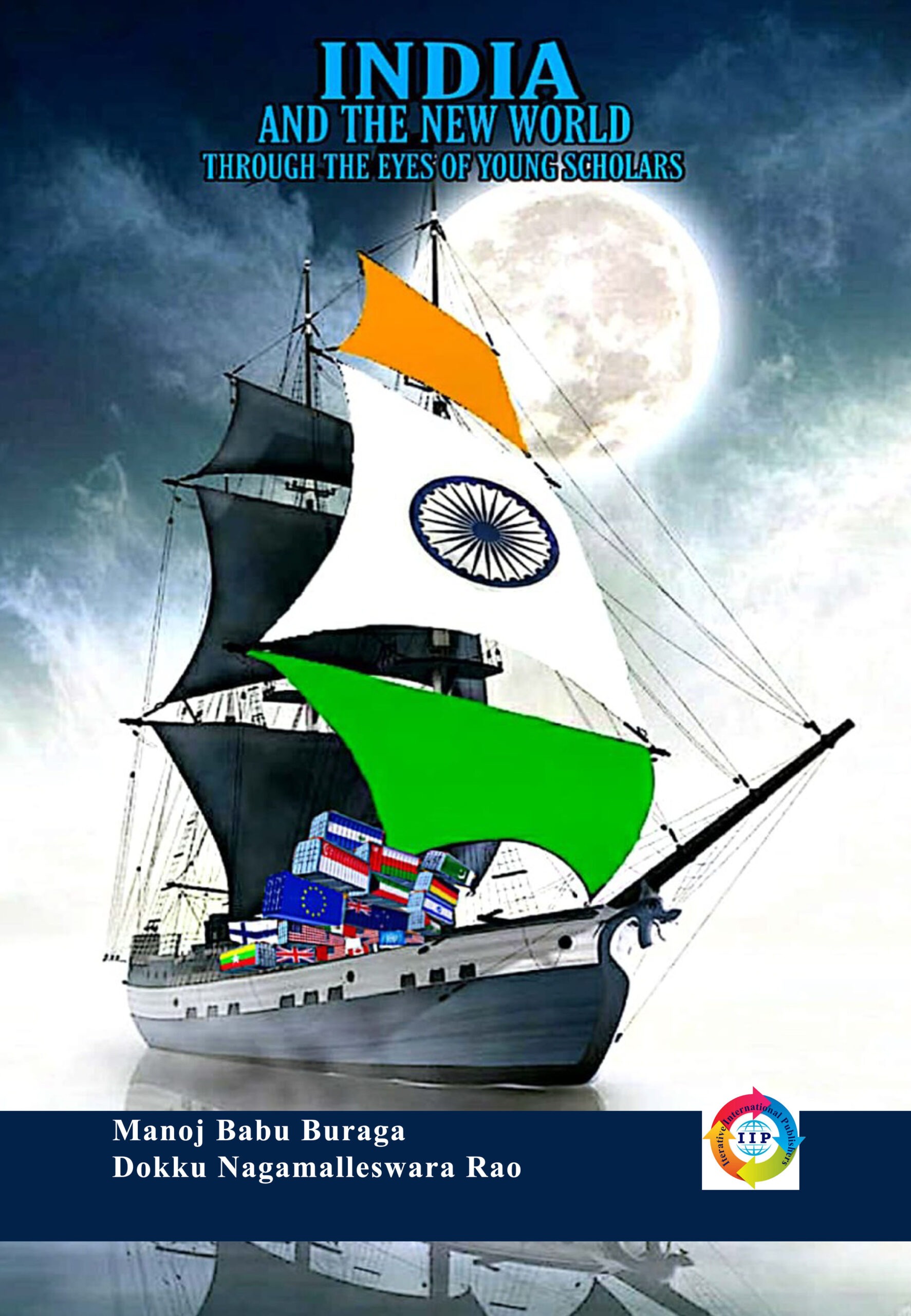
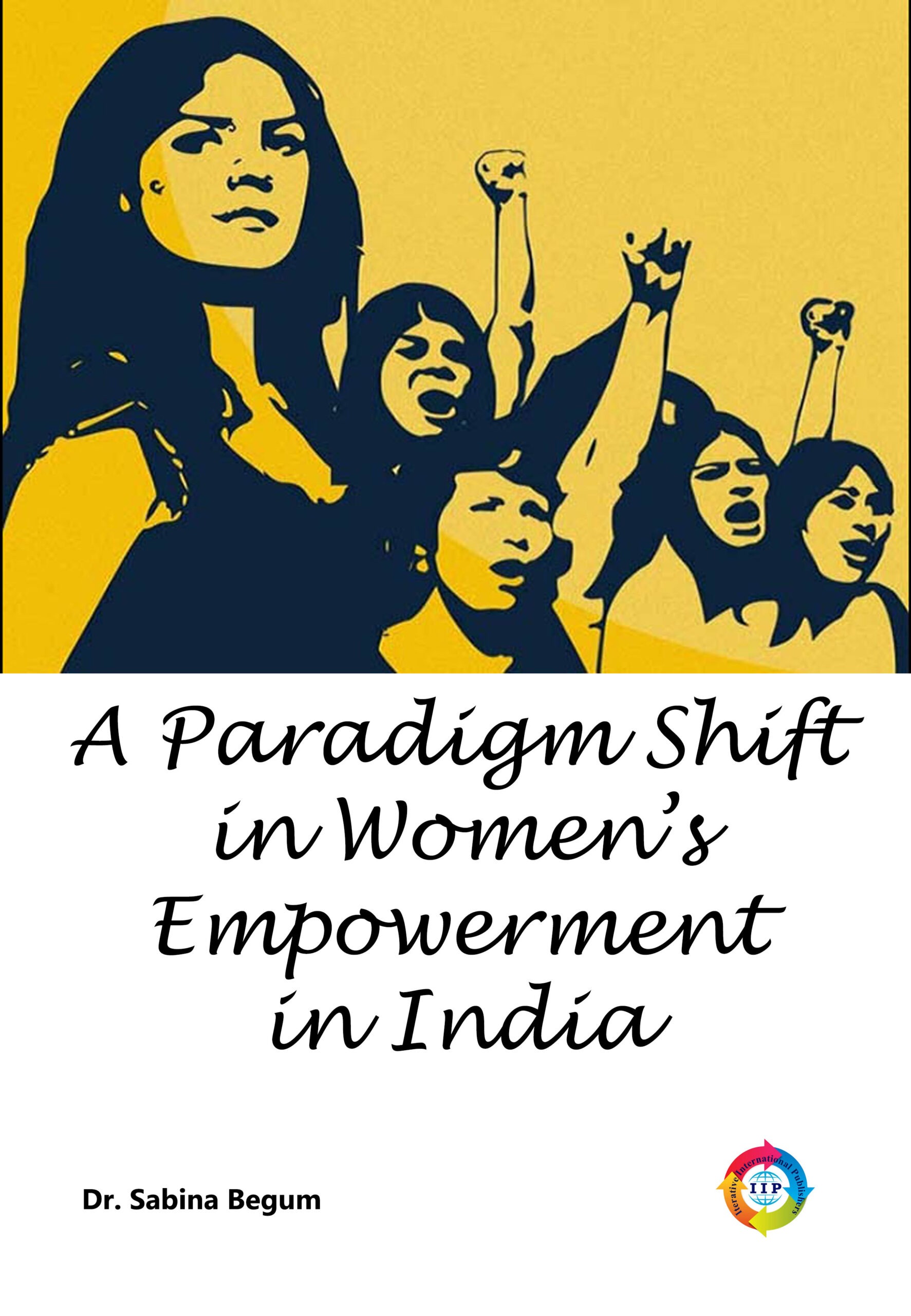
Reviews
There are no reviews yet.